Artificial Intelligence (AI) is a tool that can help us better integrate information, analyze data, and use the findings to make better decisions. Every day, AI makes huge progress. For example, robots and driverless cars are becoming more and more common
Some of the world’s most difficult problems are being solved thanks to these new technologies. Artificial Intelligence also helped to solve some of the most important problems in human history. Using Artificial Intelligence could change a lot of different industries. These include information technology and telecommunications, transportation, traffic management, and more. AI could also change health care, education, criminal justice, and the military. To use AI to its fullest potential, governments need to make public policy that encourages AI innovation while limiting its negative effects on society.
In addition, there are also concerns about how these technologies could hurt jobs and personal privacy as they become more common in our daily lives. Some experts think that automation and robotics will take over about half of our jobs in the next 15 years. But what happens to the people who used to work in those jobs if AI makes them less needed? If there aren’t enough safeguards or ethical considerations in AI utopia, it can quickly turn into a dystopia.
There are many types of AI, but what is it?
AI is a term that describes how computer systems can act like humans. Artificial intelligence is not the same as machine learning, which is when a computer learns a new skill through machine learning. AI is a type of computer that can “think” for itself, like a computer that can read and write. AI can be anything from Google’s search algorithms, IBM’s Watson, self-driving cars, and even weapons.
How do you know what the future of AI will be like?
PwC says that “artificial intelligence technologies could boost global GDP by $15.7 trillion, or 14%, by 2030.” A 2017 study by Redwood Software and Sapio Research, it suggested that 60% of businesses will be able to be automated in the next five years.
There are many ways that AI is already improving human abilities in a big way. For example, in stock exchanges, high-frequency trading by machines has taken over a lot of the work used to be done by humans. This means we can use artificial intelligence to solve various environmental problems, such as how to predict climate change and how to avoid natural disasters. AI will also be able to do many dangerous jobs in the future, but not all of them. In China, AI is being used to improve health care and speed up diagnosis.

China is the world leader in AI funding, and they’re investing a lot in this technology for everything from smart farming and smart logistics to military applications. In the United States, President Trump wants the Pentagon to create a new military service called a “Space Force” to make sure that the United States has a strong presence in space, using AI.
AI lets people use their creativity to check things like validity, security, and control for businesses. Artificial Intelligence is already being used this way in manufacturing and construction. It also helps with customer service, speech recognition, and smart home management.
There is a danger that robots will take over my job.
If you have the right skills, you’ll get a better one. In the next decade, AI will be the most important thing for business. It’s already doing some of the work that is manual and repetitive. Soon, it will help people make better decisions. After that, the GDP of the whole world will be higher by 2030 because of it than it is now because of China and India’s output together. That growth will be enough to do many good jobs, but it will also change the way that jobs are done now.
Having a good understanding of how artificial intelligence will affect your workforce is important. Then you can get your workers ready. Upskill some workers to do their old jobs with AI, and retrain and hire others for the new jobs that AI will require. Schools and parents will have to teach kids both STEM skills and how to be creative and learn for the rest of their lives.
The bottom line
Everyone can’t predict what the future will bring, but artificial intelligence may end up doing more jobs than it takes away. Giving entrepreneurs new tools may also open up new businesses that we can’t even think of now.
I think it’s very likely that people will soon be interacting with artificial intelligence daily. AI can solve very difficult problems and come up with solutions that are important for people’s well-being. These changes are having a big impact on both the economy and society. While at the same time, AI presents us with the most difficult ethical question we’ve had to deal with until now. They say that it could lead to a better living for the rest of the world. When we make AI systems, it’s important to know more about how they’re made because of how important the technology will be for society.
artificial intelligence has so many possibilities. Future decisions and actions we make will be affected by what it will look like in the future, and it will be up to us to make that happen. Even though this new technology has the power to change the world, we don’t know how it will act. But, with the right safeguards, we can make sure that AI systems are intentional, intelligent, and adaptable without giving up some of the important things that make us human.

